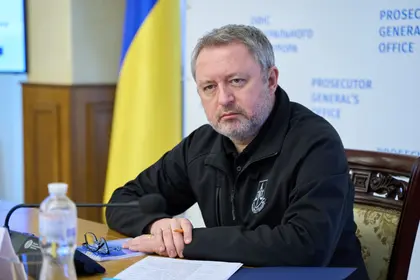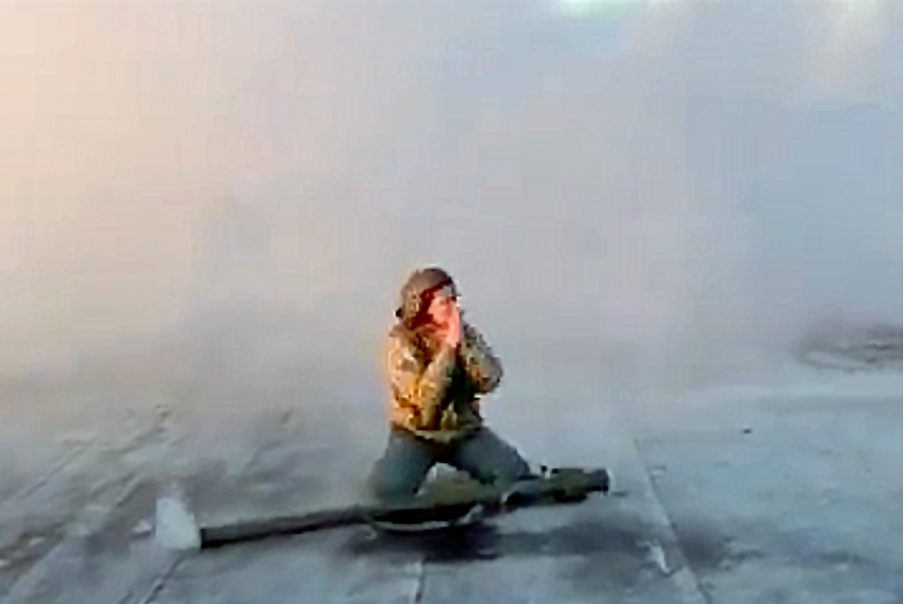Russia is waging war against Ukraine with brutality unseen in the civilized world.
Since the onset of the full-scale invasion, over 127,000 war crimes have been documented in Ukraine, including torture, murder, sexual violence, forced deportation of children, and attacks on civilian objects—encompassing nearly all violations of the laws and customs of war envisaged by international humanitarian law.
JOIN US ON TELEGRAM
Follow our coverage of the war on the @Kyivpost_official.
Among them are ecocide and war crimes against the environment.
On the anniversary of Chornobyl, Europe's gravest environmental disaster, it is time to reflect on the urgency of tackling these crimes and the proactive measures that Ukrainian prosecutors are taking to counter them.
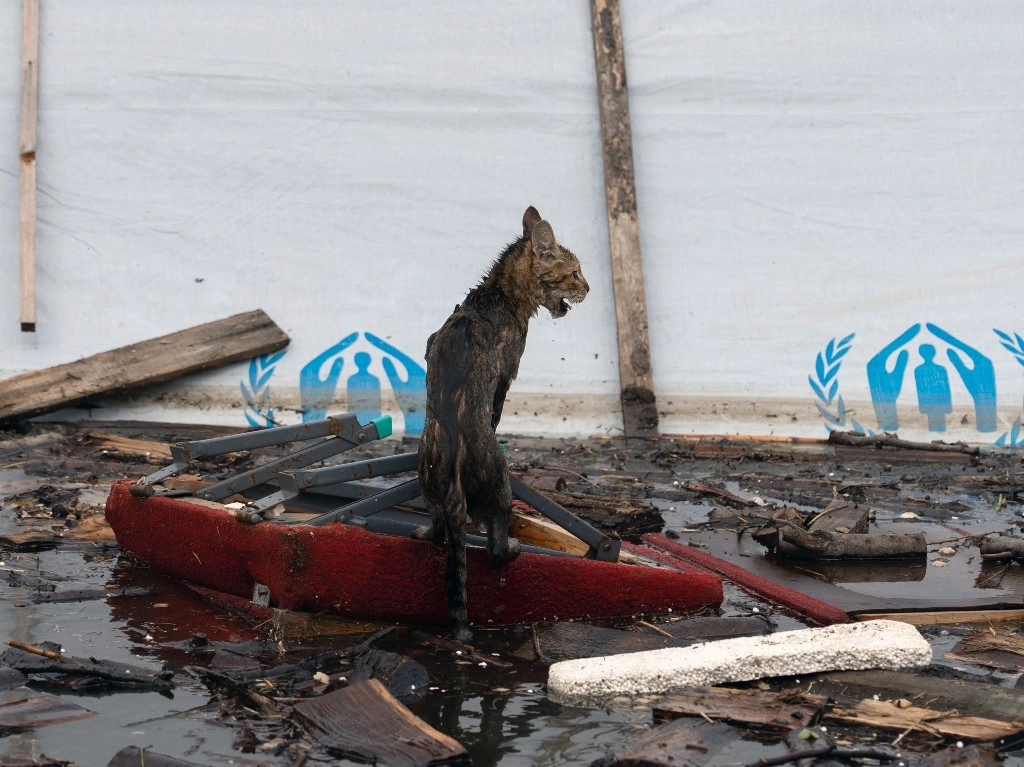
The Environment Matters
Obviously, crimes that cause severe human suffering are the utmost priority for Ukrainian prosecutors and investigators. When viewed alongside the aggressor’s atrocities that we sadly witness daily, investigating harm to nature may seem untimely. However, historical precedents show impacts that affect people for decades. A century after World War I, the Red Zone in northeastern France remains tainted by munitions and chemicals. Thirty years after the Gulf War, Kuwait's lands still suffer from oil contamination.
The war’s toll on Ukraine’s environment is already colossal. Damages to ecosystems are estimated at over $60 billion, 25 percent of Ukraine’s territory is laden with mines, and the Zaporizhzhia nuclear power plant, under Russian occupation, poses ongoing risks. In response to these challenges, eighteen months ago, our team began to address war-related environmental damage and raise international awareness of these issues.
Today, Ukraine is the first country in the world to investigate war crimes against the environment and ensure accountability for them within its national jurisdiction. Ukraine is one of just 15 countries that have the crime of ecocide in their national legislation.
As Ukrainian prosecutors pursue justice for the aggressor's crimes, they are also intensifying environmental protection nationwide. While the enemy seeks to destroy our nation and our state, we cannot allow criminals to ruin and plunder our natural resources. Below, I will detail the key steps that the Prosecutor General’s Office is taking to ensure the comprehensive protection of the environment and Ukraine's reconstruction based on “green” principles.
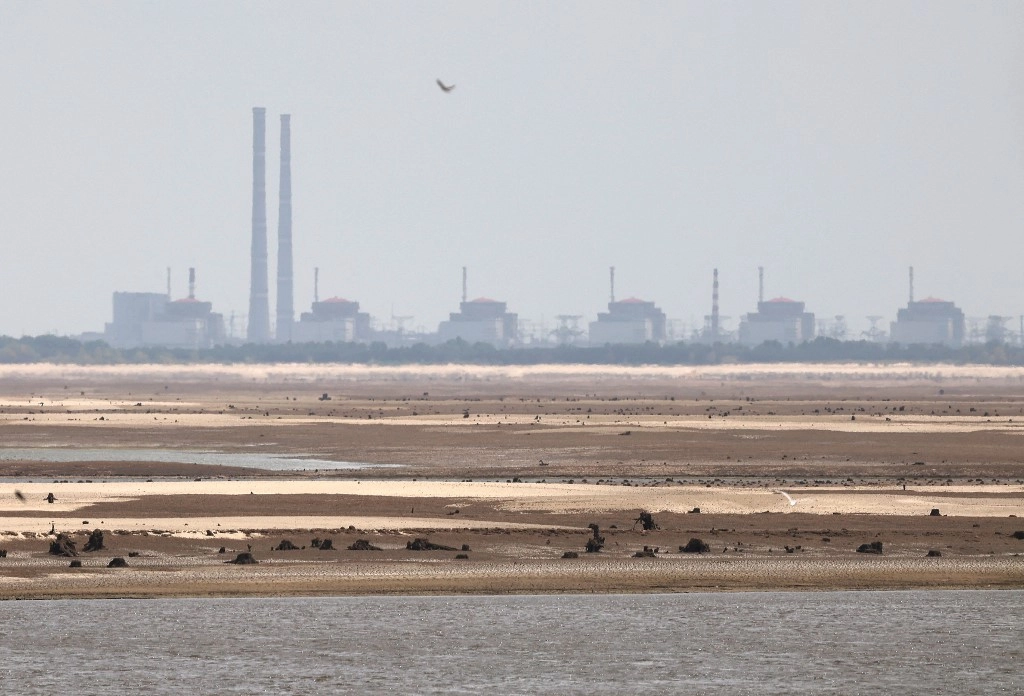
The First Step: Specialization
To tackle the unique challenges of environmental crimes, the Prosecutor General’s Office established the Specialized Environmental Prosecutor's Office (SEPO) in 2021, complemented by regional offices. In March 2023, a unit specifically focused on environmental war crimes was integrated into SEPO.
Since its inception, SEPO has boosted environmental crime convictions by 37 percent, handling 6,200 cases and pursuing claims worth nearly Hr.14 billion ($354 million). In 2023, it prosecuted two officials of a large company for ecocide, marking a historic first case in Ukraine.
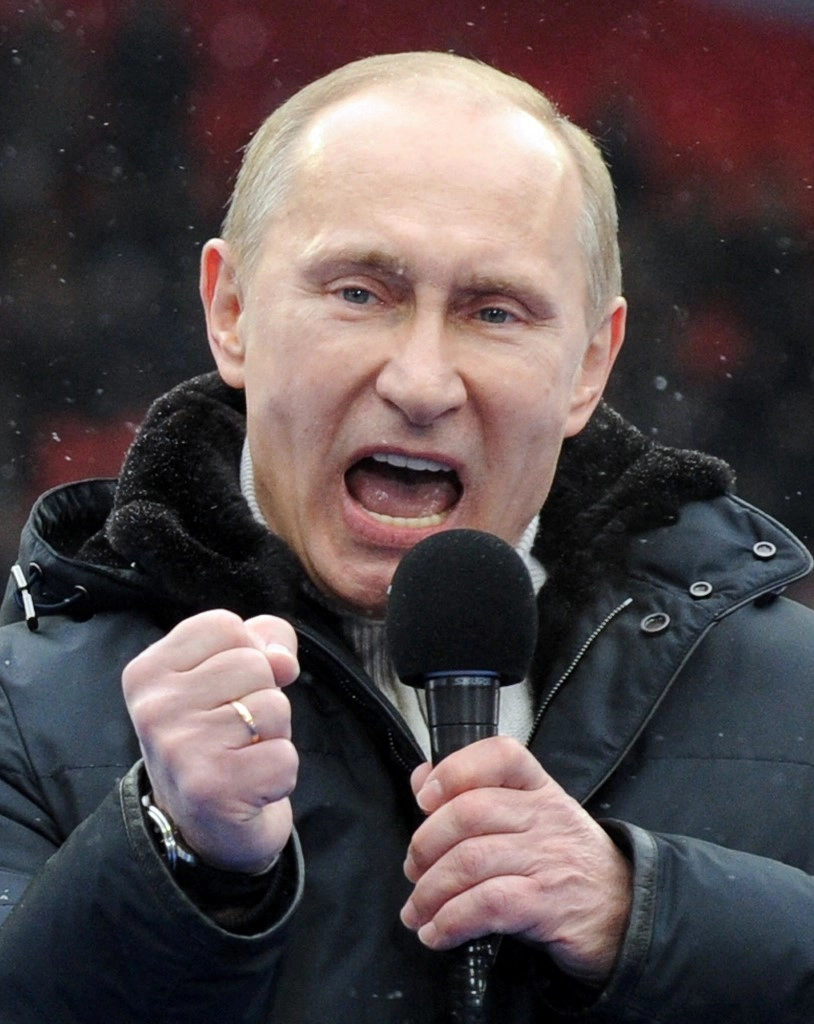
Holding Russia Accountable
Historically, the environment was seen merely as collateral damage in war, a “silent victim” not accounted for in war crimes investigations. This was due partly to the lack of technology to measure war’s long-term environmental impacts and resource-limited military tribunals’ focus on direct human casualties.
Ukraine is now pioneering legal actions in this field, addressing a significant gap in international law. Currently, Ukraine is investigating 205 cases of environmental war crimes, including 15 cases of alleged ecocide. This February, Ukraine issued the first-ever suspicion notices for ecocide committed during wartime against a Russian colonel general and four officers responsible for the systemic shelling of the ‘Neutron Source’ nuclear facility in Kharkiv.
Holding the Kremlin's military and political leaders accountable is crucial not only to achieving justice for Ukrainians but also to setting a global precedent. These legal proceedings aim to expand the criminalization of war-related environmental damage, thereby preventing future atrocities.
International Dialogue and Exchange of Experience
As of today, no one has ever been held to account for crimes against the environment under international criminal law. But Ukraine's efforts are catalyzing a global commitment to hold Russia accountable for all the harm and suffering inflicted on Ukraine, including the tremendous environmental damage.
My team works closely with the Office of the Prosecutor of the International Criminal Court (ICC), Karim Khan. Notably, after the destruction of the Kakhovka Dam, we immediately shared all relevant information with the ICC and swiftly ensured joint inspections of the affected areas.
Both our Office and the ICC are developing standards for the prosecution of war crimes against the environment. On the international level, the Office of the ICC Prosecutor is developing a new policy initiative to advance accountability for environmental crimes under the Rome Statute. We have also contributed our comments to this policy. On the national level, we are developing a strategic plan for prosecuting environmental war crimes and ecocide.
We also have established systemic cooperation with the US Department of Justice in a number of areas, including the investigation of environmental crimes. I am deeply grateful to Attorney General Merrick Garland for his personal commitment and support for our initiatives.
Significant milestones include the PACE Resolution “Environmental impact of armed conflicts,” advocating for a robust legal framework to protect the environment in warfare, and the introduction of ecocide into criminal codes.
Ukraine’s major international initiative, the Peace Formula, introduced by President Zelensky, includes the protection of the environment. The Office of the President of Ukraine initiated the creation of a High-Level Working Group on the Environmental Consequences of the War, co-chaired by Andriy Yermak and Margot Wallström. Its results include the development of the Environmental Compact for Ukraine – a roadmap to enhance damage monitoring, ensure accountability, and promote sustainable reconstruction.
Our international conferences, “United for Justice,” in Lviv and Kyiv, have brought together global leaders to expand on these justice initiatives.
So today, we can confidently say that thanks to Ukraine's proactive stance and the commitment of our international partners, the environment, once a silent casualty of war, now has a voice that resonates globally.
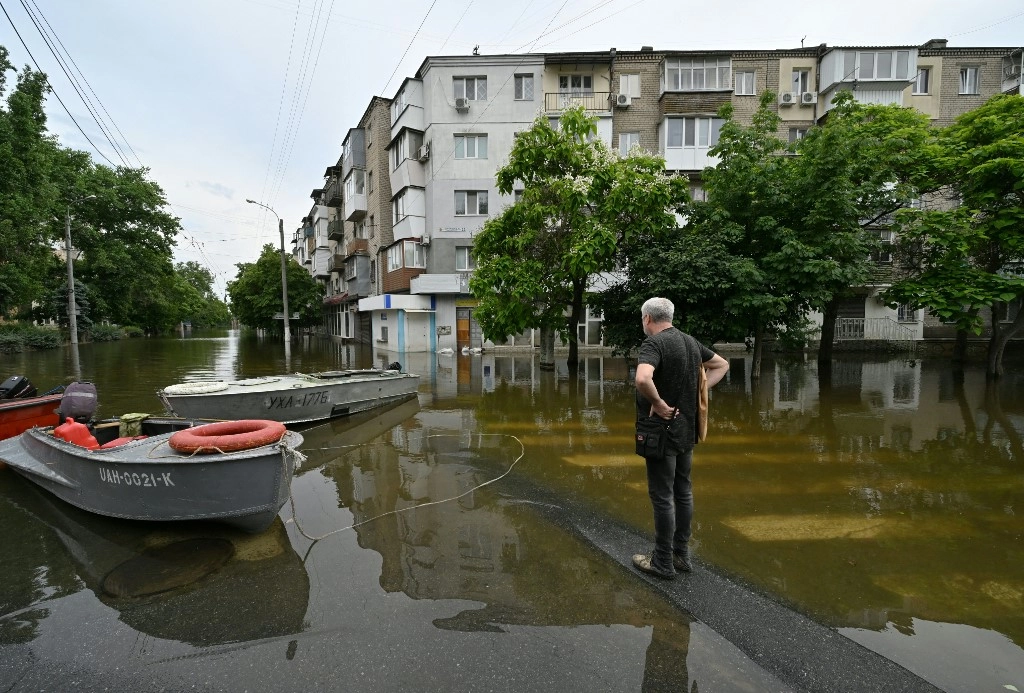
Ensuring Compensation of Damages
Three weeks ago, the Register of Damage Caused by the Aggression of the Russian Federation against Ukraine (RD4U) started accepting claims, marking the first phase of an international compensation mechanism. Currently, it processes claims for only residential property damage, but plans are in place to expand this to over 40 categories, including environmental damages.
Our position is that Ukraine's reconstruction must be done at the aggressor's expense. Making Russia pay for the damages will both serve justice and act as a deterrent to future aggression.
European Standards
This year, the European Parliament and the Council of the European Union adopted a directive to enhance environmental protection through criminal law. This directive sets new standards for defining and penalizing environmental crimes across EU member states.
While not mandatory for Ukraine's EU accession, this directive serves as a crucial guideline for aligning national laws with EU best practices amid escalating global environmental challenges. Russia's war against Ukraine and other armed conflicts are intensifying the already dire impacts of climate change. Given the urgency, no country can afford to delay protecting the environment. It is imperative that we swiftly adapt our legislation and evolve our practices.
Of course, such comprehensive changes require the involvement of a broad spectrum of stakeholders. We are thankful for the collaboration of all partners engaged in our initiatives, including Ukraine’s Ministry of Environmental Protection and Natural Resources, the Parliamentary Committee on Environmental Policy and Nature Management, law enforcement agencies, and NGOs.
Together, we are committed to building a peaceful, European, and democratic Ukraine that prioritizes the protection and restoration of the environment for future generations.
You can also highlight the text and press Ctrl + Enter


